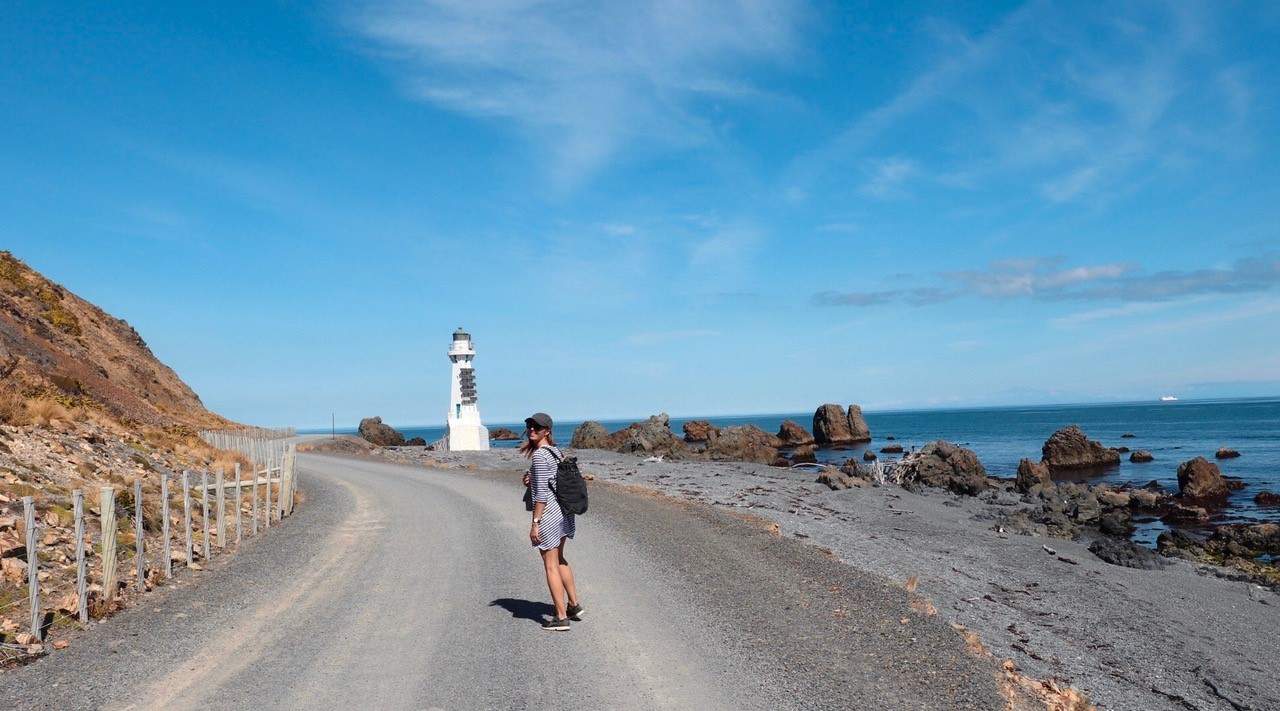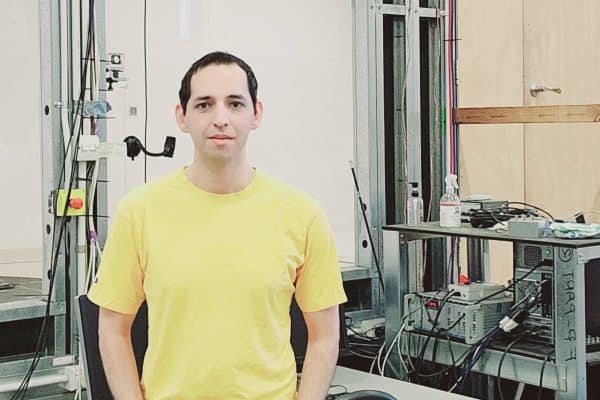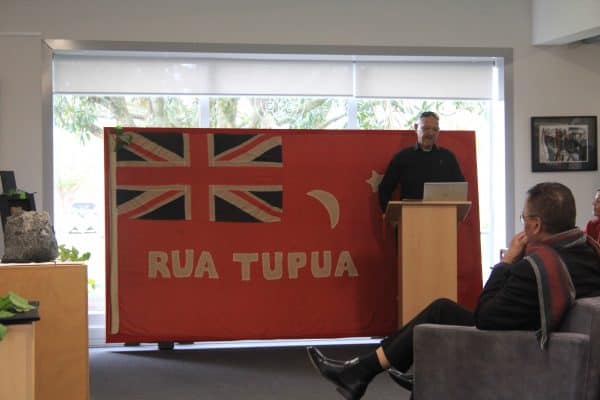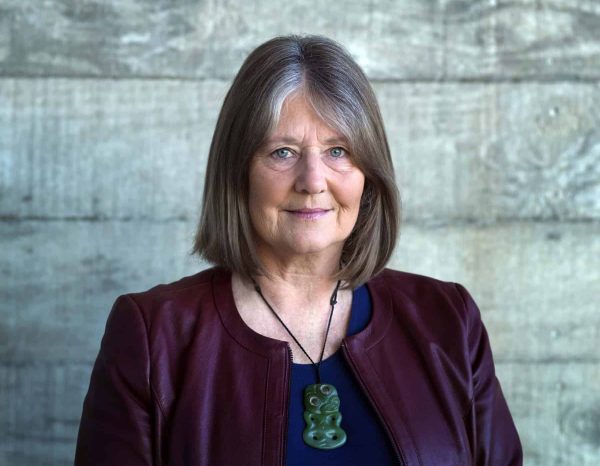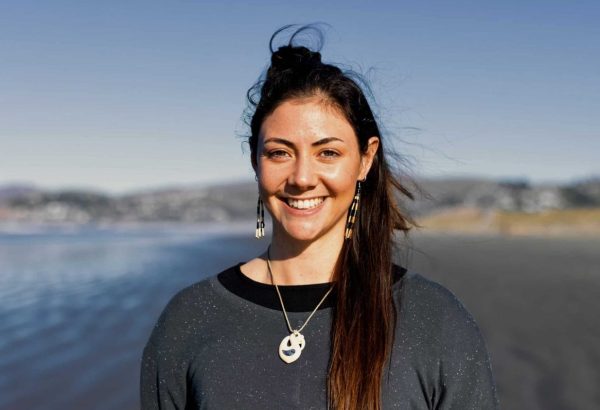Q & A with Christina Hanna
29/03/2019
We speak with Christina Hanna, a PhD student in our Governance programme who is concerned with sustainability and combatting climate change both in her research, and personal life.
Earth Hour is a global grassroots movement where millions of people around the world to turn off the lights and speak up about why nature matters. Why does sustainability matter to you?
Sustainability is an elusive concept, but it is a necessary, continual process of resolving conflicts between equity and social justice, environmental protection, and economic development. For me, a fundamental concern driving the sustainability imperative is that humans no longer live within the limits of Earth’s biocapacity, creating significant challenges for the future, which we must face up to and actively seek solutions for. Aldo Leopold once said: “We abuse land because we regard it as a commodity belonging to us. When we see land as a community to which we belong, we may begin to use it with love and respect.” Human production and consumption behaviours have greatly exploited natural resources, and we are beginning to recognise the significant impacts of transforming the social-ecological system we depend on.
When did sustainable living become a priority for you?
I was lucky to have grown up on a blueberry farm with a family very aware of and interested in environmental sustainability, with a love for New Zealand’s native species and great outdoors. Studying Environmental Planning at Waikato University cemented my interest in holistic sustainability, and I began to consider my own impact more consciously.
What are some of the things you do at home to reduce your impact?
Over the years I have become more aware of individual impacts, and the ability to make positive change through collective action. My husband and I do our best to live a ‘zero-waste’ lifestyle, where we:
- Avoid waste to landfill by shopping with re-usable containers at bulk stores,
- Grow our own, and purchase additional ‘naked’ fruit and veg from our local farmers,
- Say no to single-use cups, cutlery, straws, plastic household items etc
- Use all natural, plastic free household cleaners and beauty items (solid soap, facewash and shampoo bars, bamboo toothbrushes, biodegradable floss, etc)
- Avoid food waste and compost any scraps
These actions take a little time and consciousness to become a habit, but they are a great start to reducing reliance on fossil fuels (plastic), reducing food miles, increasing food resilience, eating natural, wholefoods, and keeping the landfill less-full. In recognition of the need for ethical and sustainable action, we also ‘consciously consume’ by:
- Avoiding fast fashion, purchasing clothing only when absolutely needed and following the ‘Buyerarchy of Needs’: Use what you have, borrow, swap, thrift, repair, make, and then buy. Any new clothing purchased is researched to ensure it has been ethically produced and made with organic materials, and preferably natural dyes.
- Reducing emissions; I am lucky to work from home so I travel very little, and run/bike into town to do errands. When travelling by car I drive a hybrid, and offset air travel emissions, recognising that avoidance/reduction is the best option
- Eating a predominantly plant-based diet
- Practicing minimalism; living life based on experiences rather than worldly possessions
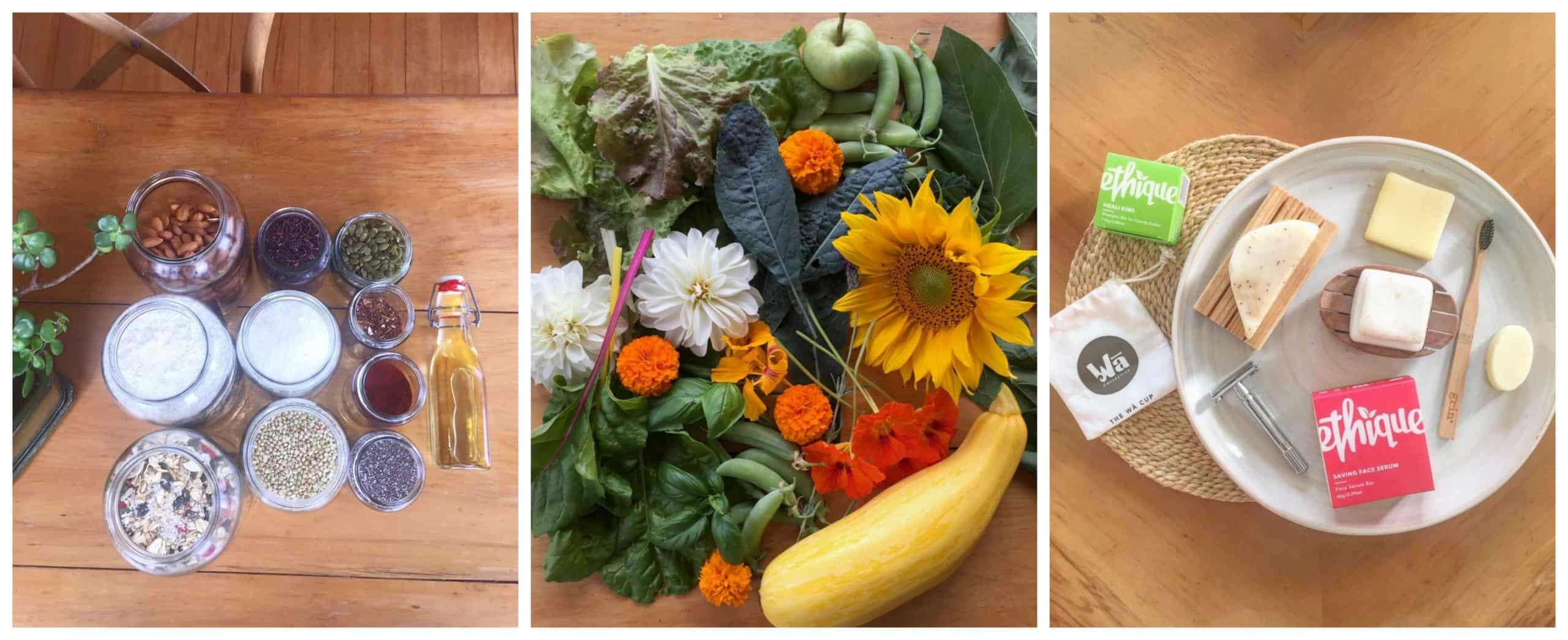
Your PhD research is related to climate change too, can you tell us about that?
My PhD is focused on risk reduction and climate change adaptation via managed retreat; the strategic relocation of people, assets and activities away from harm. Due to extreme events,the projected impacts of climate change, and trends in urbanisation, more people are exposed to natural hazard and climate risks in the 21st century. We can protect communities against some perils in the short to medium term, for example, by building seawalls and improving early warnings. However, longer-term resilience and sustainability goals are more likely to be achieved if we design with nature. Managed retreat is part of the design with nature approach that can reduce natural hazard risk and build community resilience and sustainability. It’s contentious at present due to significant institutional barriers, but it will be required in some areas.
Managed retreat is a difficult thing for a community to commit to – is it worth it?
Managed retreat can be applied to a wide range of natural hazard and climate change risks. Where institutional enablers are in place, it can be an advantageous adaptation technique to avoid exposure to life and infrastructure, increase resilience of communities, protect environmental and amenity values, and provide a cost effective option for hazard management, with avoidance of future maintenance and emergency management expenses. However, in terms of the impact on people and communities, detachment from place is a significant undertaking, requiring immense care, support, sensitivity, robust engagement, empowerment, and time. My research has found that institutional capacity building is required to deliver effective and equitable managed retreat in New Zealand.
Do you think that New Zealanders are starting to consider sea-level rise as a factor when they’re deciding where to buy a house?
Absolutely, but there is a big difference between considering SLR and actively seeking data, testing out coastal inundation tools and making long-term decisions.
Celebrating Earth Hour and turning off your lights from 8:30-9:30pm on the 30th of March is a good way to start taking action, how else can people reduce their impact?
Earth Hour is a good reminder to be more conscious of your daily actions, and to start thinking about the wider reach of your impact, both environmentally and socially. Empathy and respect towards all beings, and the Earth that sustains us will go a long way. We have strength in numbers, and in unity. Kia Kaha NZ.
